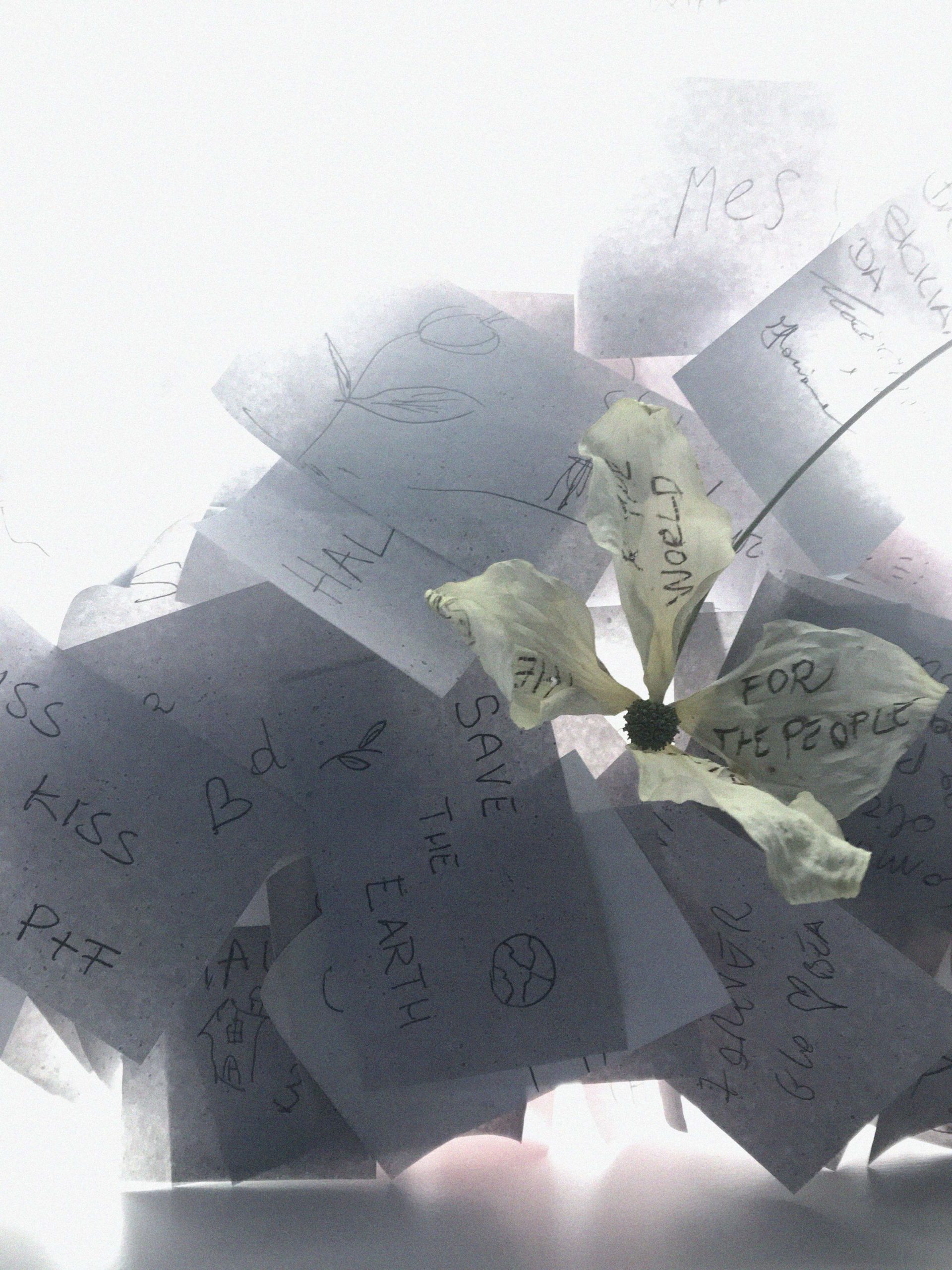
CHATTING WITH SOLETERRE
No warfare fails to affect our sensibility.
No conflict fails to challenge us as people and inhabitants of this world.
Not a day goes by that we do not hope to see an end to this confrontation that has been reshaping – unfortunately for months now – our Europe.
We have decided to support an association, Soleterre, so that we can make a contribution as citizens of the world to the dream of peace.
How and when was the association born? Soleterre was founded 20 years ago on the initiative of six people – including our president Damiano Rizzi – with the aim of promoting the Right to Health and ensuring the best care for everyone.
Looking after the living conditions of the most vulnerable people for us means eliminating inequality and discrimination, bringing diagnostics and medicine where there are none and improving health infrastructure in places of need.
What has changed, for associations like yours, following the COVID-19 pandemic? As soon as Coronavirus took hold, we took action first in Italy and then in other countries where we operate in order to stay close not only to children with cancer and their families, but to those who were in need: doctors, nurses, COVID patients. We started from Policlinico S. Matteo in Pavia, one of the 20 hospitals we collaborate with as part of the international pediatric oncology program “Grande contro il Cancro” from the front line immediately, having received and treated patient ‘1’. We immediately mobilized a team of 14 psychologists. We have been on the front lines in the Emergency, Intensive Care and Infectious Disease wards, even establishing a free remote communication service by video-conference or telephone for relatives of hospitalized patients. Coronavirus has left deep scars for those emotionally affected, so to cope with what is now a psychological emergency, we have launched a “National Fund for Psychological Support COVID-19” and launched the “Back to School” project, whose goal is to ensure that students, teachers and parents receive adequate psychological and emotional support during the school term.
How crucial in your work is the psychological support given to children and families? We embrace the WHO definition of Health by which health is not only the absence of disease, but corresponds to a state of complete mental and physical well-being.
Therefore, to increase the chances of recovery, in addition to improving medical diagnosis and treatment, we address the emotional, psychological and relational well-being of children with cancer and their families. Our psychologists intervene from the moment the diagnosis and remain at the side of the families and children throughout the course of treatment, providing comfort and listening to them. There is evidence that treatment is more effective when the patient, even a child, is in a more serene condition.
In what way do you operate? With regards to the Ukraine emergency specifically, how have you dealt and continue to deal with it? We have been operating in Ukraine for 19 years to provide medical care, shelter and mental and social support to children and adolescents with cancer and their families.
Since February 24, when the war broke out, we found ourselves operating in the midst of an emergency to get the children sheltered in our Kyiv shelter and those hospitalized in the city’s hospitals to safety. The operations were complex to coordinate; in those two months we coordinated efforts aimed at coping with the crisis. Right from the start we supported the hospital wards and we were already collaborating with the National Cancer Institute and the Institute of Neurosurgery in Kyiv and the Regional Hospital in Lviv by supplying them with medicines to ensure continued treatment for children and organized medical flights to Italian hospitals. Soleterre was the first NGO at the European level to organize these kinds of flights, which are medically assisted transportation with doctors, nurses, psychologists and mediators on board. Ninety-three sick minors with their mothers are now hospitalized in Italian hospitals. We have also strengthened the deployment of psychologists both in the wards and in the Polish shelters in Przemysl and Mylny. Psychological support is essential given the dramatic situation the refugees are experiencing. In addition to taking in cancer patients in transit to Italy and intercepting those who have escaped official channels, our psychologists offer initial support to women, minors and elderly people who show obvious signs of post-traumatic stress disorder.
If you would like to support TerreSole, click here

